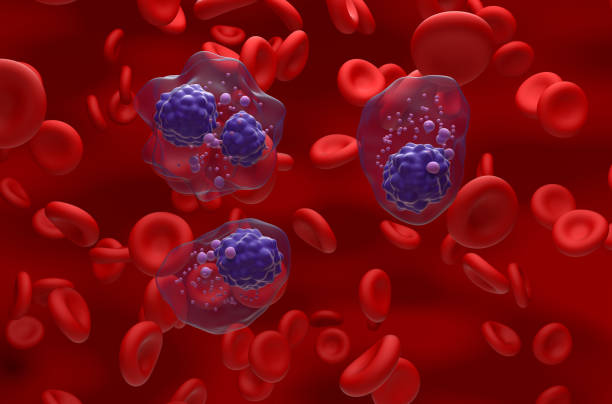Triple-Negative Breast Cancer (TNBC) Treatment: Navigating Options for a Challenging Diagnosis
Triple-Negative Breast Cancer (TNBC) is a subtype of breast cancer that lacks estrogen and progesterone receptors, and does not have an excess of the HER2 protein. Due to these factors, TNBC does not respond to hormonal therapy or drugs that target HER2, making it more challenging to treat. Understanding TNBC, its treatment options, and management strategies is crucial for those diagnosed with this condition. This guide provides a detailed overview of TNBC treatment, offering insights into the latest advancements and supportive care measures.
Understanding Triple-Negative Breast Cancer
TNBC accounts for about 10-15% of all breast cancers and tends to be more aggressive than other types. It is more common in younger women, African-American women, and those with a BRCA1 gene mutation.
Treatment Options for TNBC
TNBC treatment typically involves a combination of different modalities:
Surgery
- Lumpectomy: Removal of the tumor and a small margin of surrounding tissue.
- Mastectomy: Removal of one or both breasts, sometimes chosen due to the aggressive nature of TNBC.
Chemotherapy
- Considered the mainstay of treatment for TNBC, both before (neoadjuvant) and after (adjuvant) surgery.
- Helps to reduce the risk of recurrence and treat cancers that have spread.
Radiation Therapy
- Often recommended following surgery, particularly after a lumpectomy, to eliminate any remaining cancer cells.
Clinical Trials and Emerging Therapies
TNBC is an active area of research with ongoing clinical trials exploring new treatments:
- Immunotherapy: Drugs like pembrolizumab have shown promise in treating certain cases of TNBC.
- PARP Inhibitors: For patients with BRCA mutations, these drugs can be effective.
- Targeted Therapies: Research continues into identifying other targets specific to TNBC cells.
Managing Side Effects
Treatment side effects can vary but may include:
- Fatigue
- Nausea and Vomiting
- Hair Loss
- Increased Risk of Infection
Management involves supportive care and may require medications to alleviate specific side effects.
Importance of Genetic Testing
Genetic testing for BRCA1 and BRCA2 mutations can be particularly important in TNBC, as it may influence treatment decisions and options.
Lifestyle and Supportive Care
- Healthy Diet and Exercise: To improve general health and well-being.
- Mental Health Support: Counseling and support groups to help cope with the emotional impact of cancer diagnosis and treatment.
Follow-up and Monitoring
Regular follow-up care is essential to monitor for signs of recurrence and manage any long-term side effects of treatment.
Conclusion
Triple-Negative Breast Cancer presents unique challenges in treatment and management. While treatment options are more limited compared to other types of breast cancer, advances in research are continually evolving the landscape of TNBC therapy. A multidisciplinary approach, combining surgery, chemotherapy, radiation, and possibly emerging therapies, is key to managing TNBC. Supportive care and regular monitoring also play a crucial role in improving outcomes and quality of life for those affected by this aggressive form of breast cancer.







